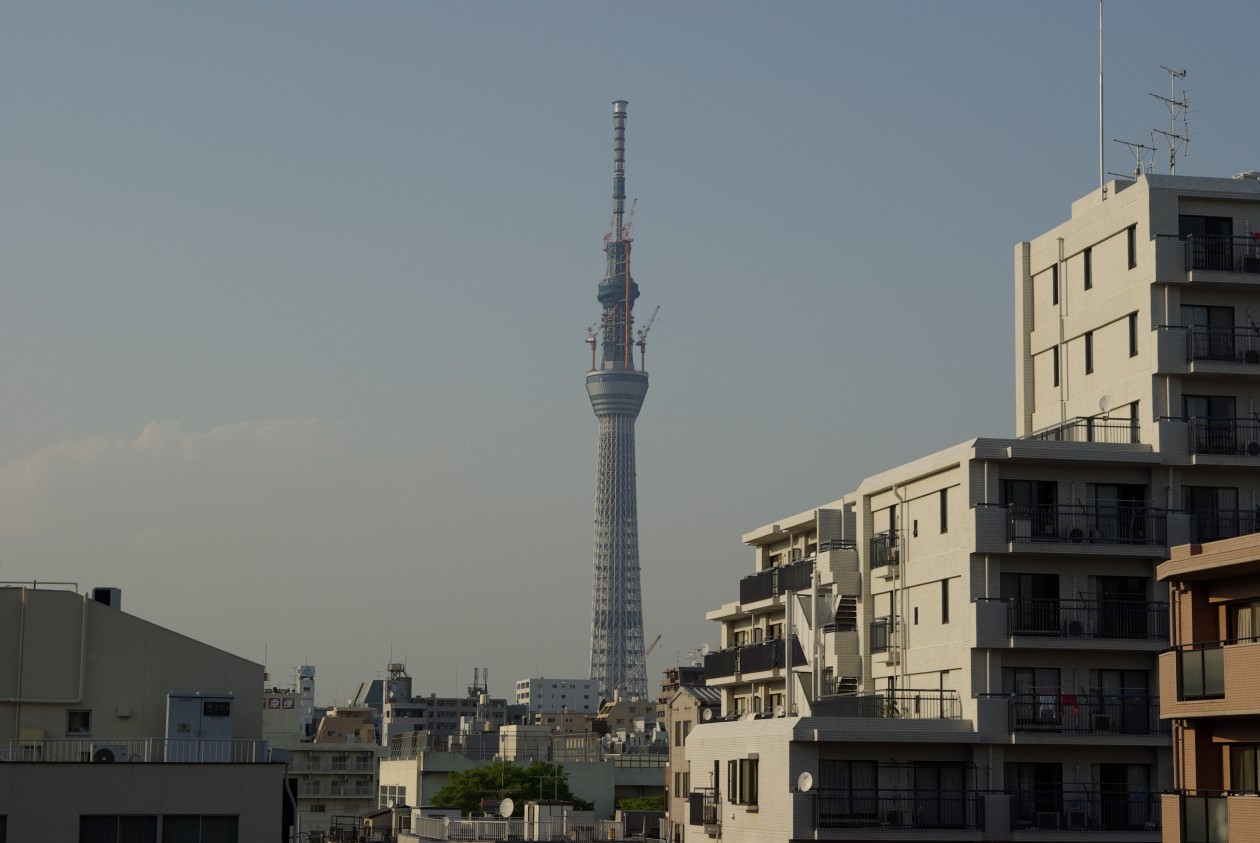Category Archives: 03 JS 103 円 百 千 万 Money
Counting money
How to count money in Japan.
Counting on one hand
100 Yen Shop in Tokyo
source subtokyo vlog
Excellent introduction to 100 yen shop, or our $2 store.
Almost all items are household items mass produced in Asia.
Almost all items are household items mass produced in Asia.
Casual labour アルバイト
アルバイト
The word アルバイト (arubaito) comes from the Dutch word Arbeid. Some say it comes from the German word Arbeit. However, the Dutch have been in Japan for 400 years, while the Germans arrived only recently. Surely the Dutch would have introduced it into Nagasaki first.
It means casual work, not-salaried work, come-and-go work, hard work, cheap work. In fact, a lot of Japan’s economic success has been built on the backs of its workers. After the various wars, it was the larger population who supplied cheap labour without any real financial long-term obligations from the companies.
アルバイト
These days there are stricter labour laws, but still a fair percentage of the work force is アルバイト. Of course, the main supply of these casual workers comes from high school and university students and these days also immigrant workers (sometimes legal, sometimes well…)
Why do they put up with it? Mainly because it is quick, not too many problems, quick pocket money and no long-term commitment and obligations. Also, no real qualifications needed and training on the job. Presto!
アルバイト
アルバイト
850 Yen gives the idea
アルバイト
Look at these innocent, keen youngsters! Who wouldn’t want to earn pocket money in such a pretty outfit?
アルバイト
Clean, easy work in a relatively clean and safe environment
Over 18, of course
830 Yen
The wage is almost buried in the text
Obviously not the main feature
Work till 10 at night – what time will you come home?
アルバイト
Hmmm… no money mentioned…
It must be the fun you are going for
Clean work, good environment. Gloves provided
アルバイト
700 Yen (=two cups of coffee, by the way) an hour
The Young Happy Team
アルバイト
アルバイト
850 Yen (=two and a half cups of coffee an hour)
Finish at 10:00 at night
アルバイト
アルバイト
Performance Pay: between 750 and 900 yen
In the food business line
Tam Tam it is at 900 Yen
We so don’t want to ring
Let’s do the sums, people:
At 800 yen for 8 hours, you would earn 6400 yen a day. For 5 days (during your holidays) you would earn 32000 yen. Great pocket money, if you can earn it, live at home (for free) and you only want to buy a stereo. Not at all enough for rent, for food bills, or for long-term work.
Often mothers, housewives, will prefer to commit to similar “walk-in-walk-out” work, but they like a legally stronger commitment from the boss. They prefer to work locally, as they live locally, and then they negotiate パート (paato), which is part-time work. More money, but also more personal commitment.
アルバイト
501 Versatile American money. アメリカのおかね
アメリカのドル
1,0000 ドル
2,0000 ドル
3,0000 ドル
4,0000 ドル
5,0000 ドル
6,0000 ドル
7,0000 ドル
8,0000 ドル
9,0000 ドル
10,0000 ドル
11,0000 ドル
20,0000 ドル
55,0000 ドル
100,0000 ドル
555,0000 ドル
for
and
Yen 円 えん Money おかね
Yen 円 えん
These are all the denominations available to Japanese. Japan is still very much a cash society, so most Japanese people carry a lot of cash around with them. It is a very safe country as there are always lots of witnesses to any crime. Petty pickpocket-ting doesn’t seem to be part of the Japanese psyche. In any case, Japan is spread over islands, so where to go with so many witnesses willing to dob you in? The problem occurs when Japanese people go overseas and they imagine that other countries are just as safe…
昭和三十九年
しょうわ39ねん
shōwa sanjūkyū nen
The 39th year of the reign of Emperor Showa (=1964)












































































